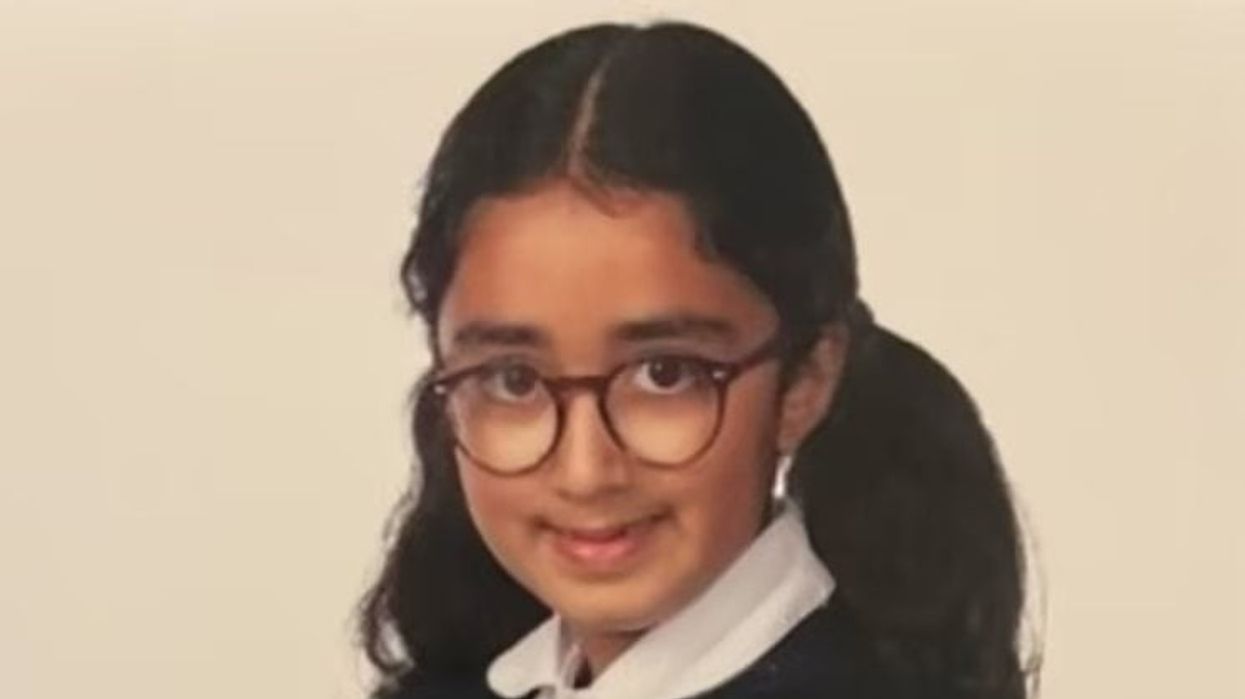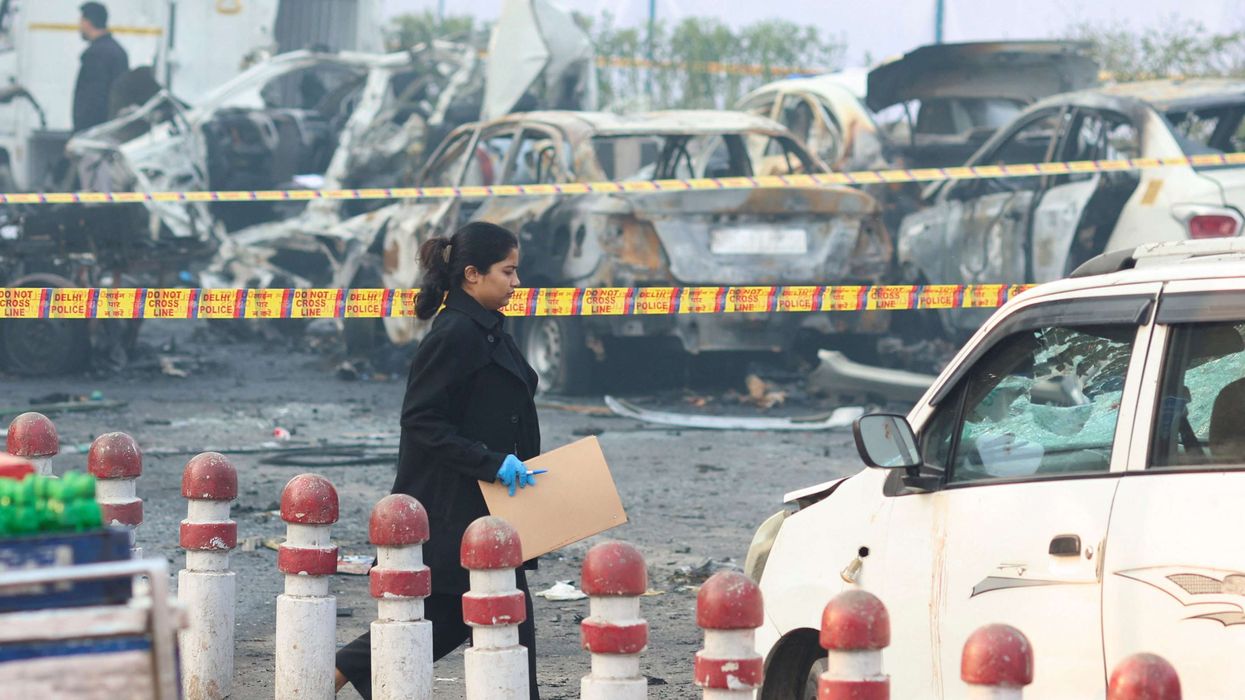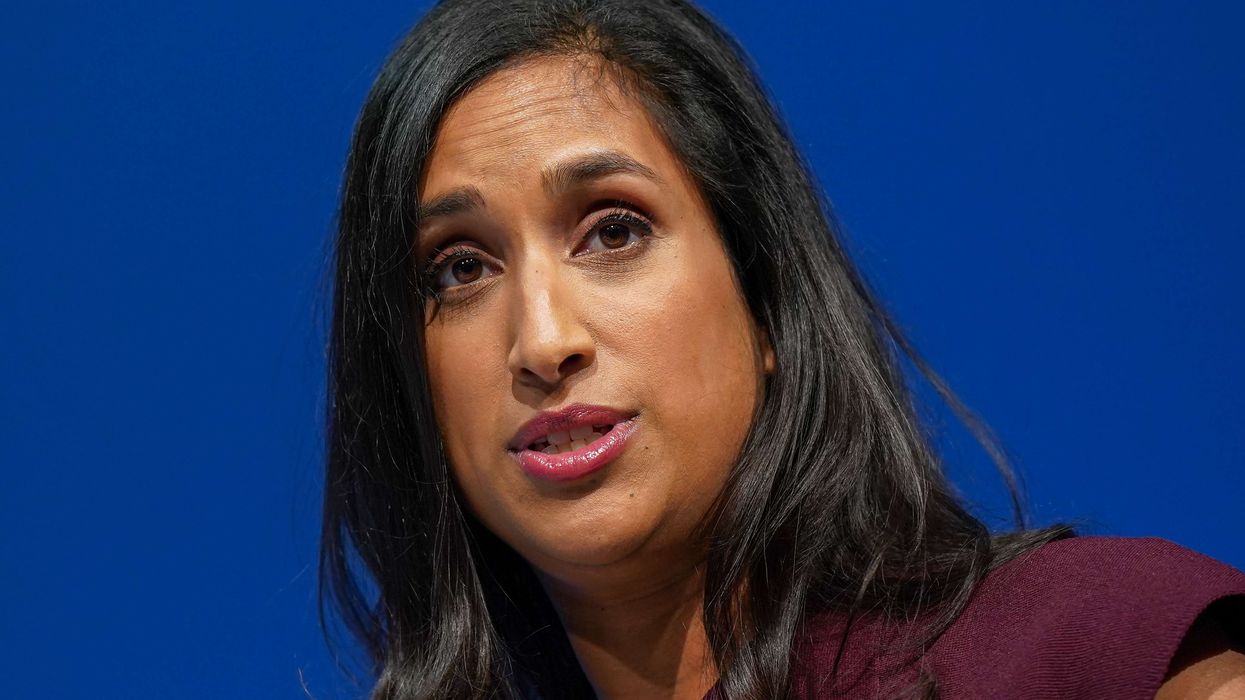THE slow progress of the investigation into the death of two schoolchildren in Wimbledon last year is causing a lot of mental trauma to the families.
Last July, Nuria Sajjad and her friend Selena Lau died when a Land Rover crashed through a school fence and ploughed into them. Nuria's mother Smera Chohan, who was also present, suffered grievous injuries.
She underwent four operations and after using a wheelchair for some time she has got most of her mobility restored.
But the overwhelming grief of losing her only child remains and the delay in investigation is making it worse.
The Metropolitan police force claims it is facing a shortage of specialist forensic investigators. The Guardian reports that in 2010 there were about 40 specialist forensic collision investigators, but now it is down to 11, with another 17 in training.
A woman was arrested last year on suspicion of causing death by dangerous driving and released under investigation. No decision has been made on whether any charges should be brought.
Police officials claim the case had not progressed because they were waiting for specialists to finish a report on the incident.
Nuria’s parents shared their grief with The Guardian. Her father Sajjad Butt said: “In the absence of concrete answers, in the absence of steps moving forward, we’re left to ponder this ‘what if?’ – and the ‘what ifs’, they crush you.”
The alternative scenarios haunt Nuria’s parents. They have a photo of Chohan and Nuria standing on the grass outside the Study preparatory school and another in front of the building.
Chohan told the daily, “I question myself that had I just stayed in the grassy patch, the outcome would have been different, right? There are so many things that are ‘if only’. If only it was raining that day …” Chohan said, before Butt finished the sentence: “We wouldn’t have been outside, we would have been in the hall.”
The families’ lawyer, Trevor Sterling, said the absence of evidence and facts was taking a psychological toll on the families.
Butt lamented about the government's apathy towards resolving the shortage of forensic experts all these years and wanted justice for his daughter.
The family claimed the support extended by fellow pupils’ families has been “truly amazing” and Nuria’s friends still visit them.
However, their grief continues to fester as they struggle to come to terms with a world without their daughter in it.













